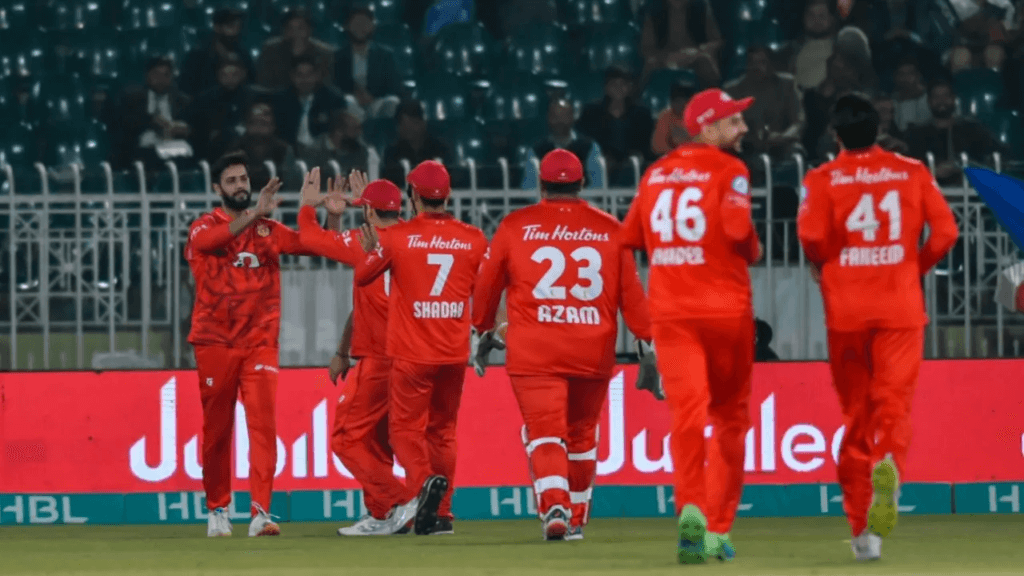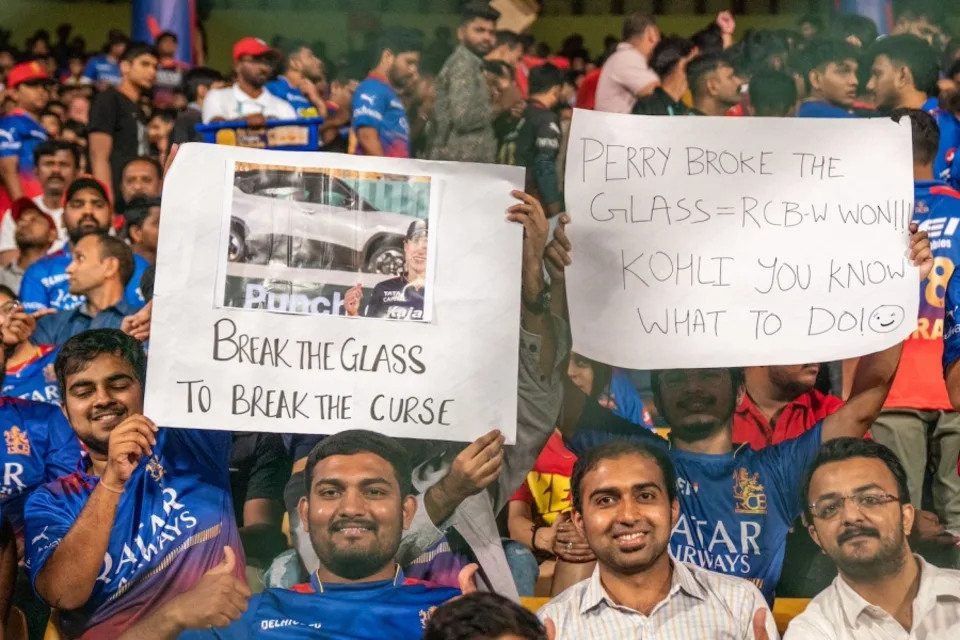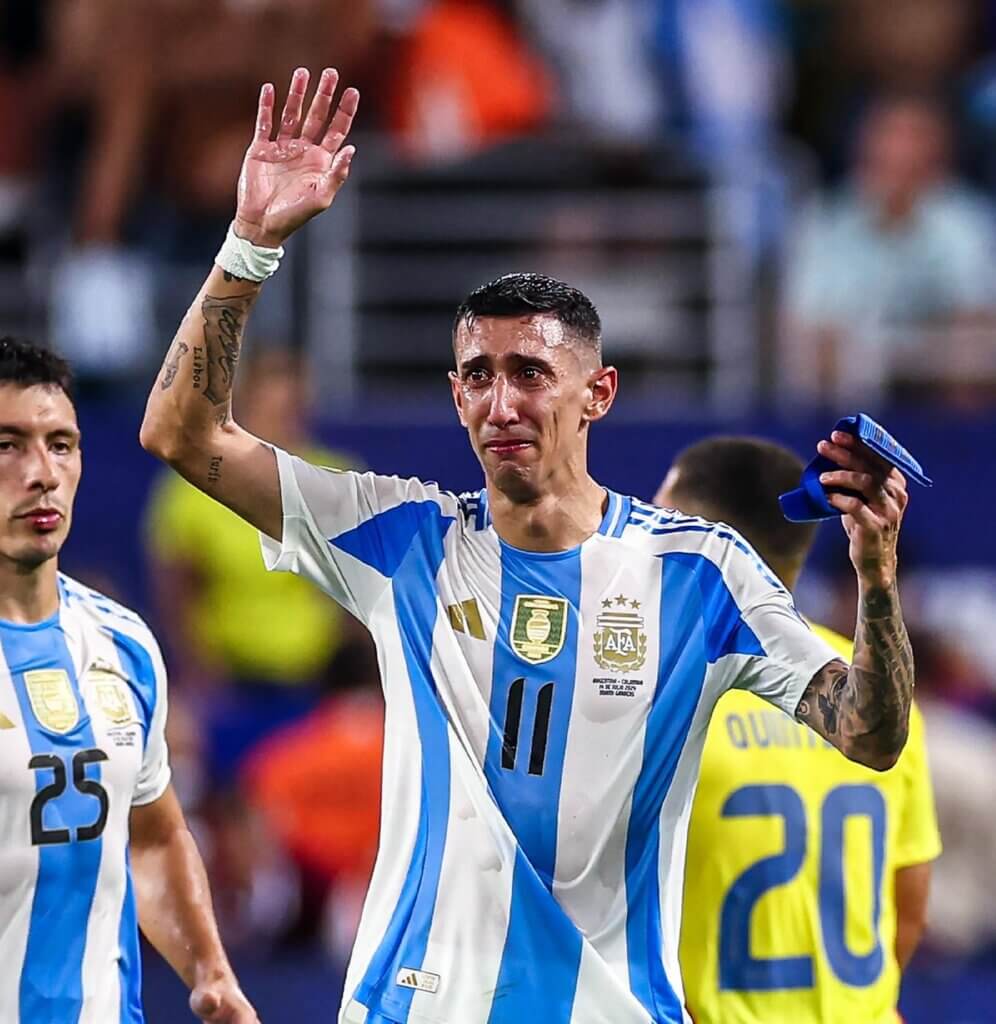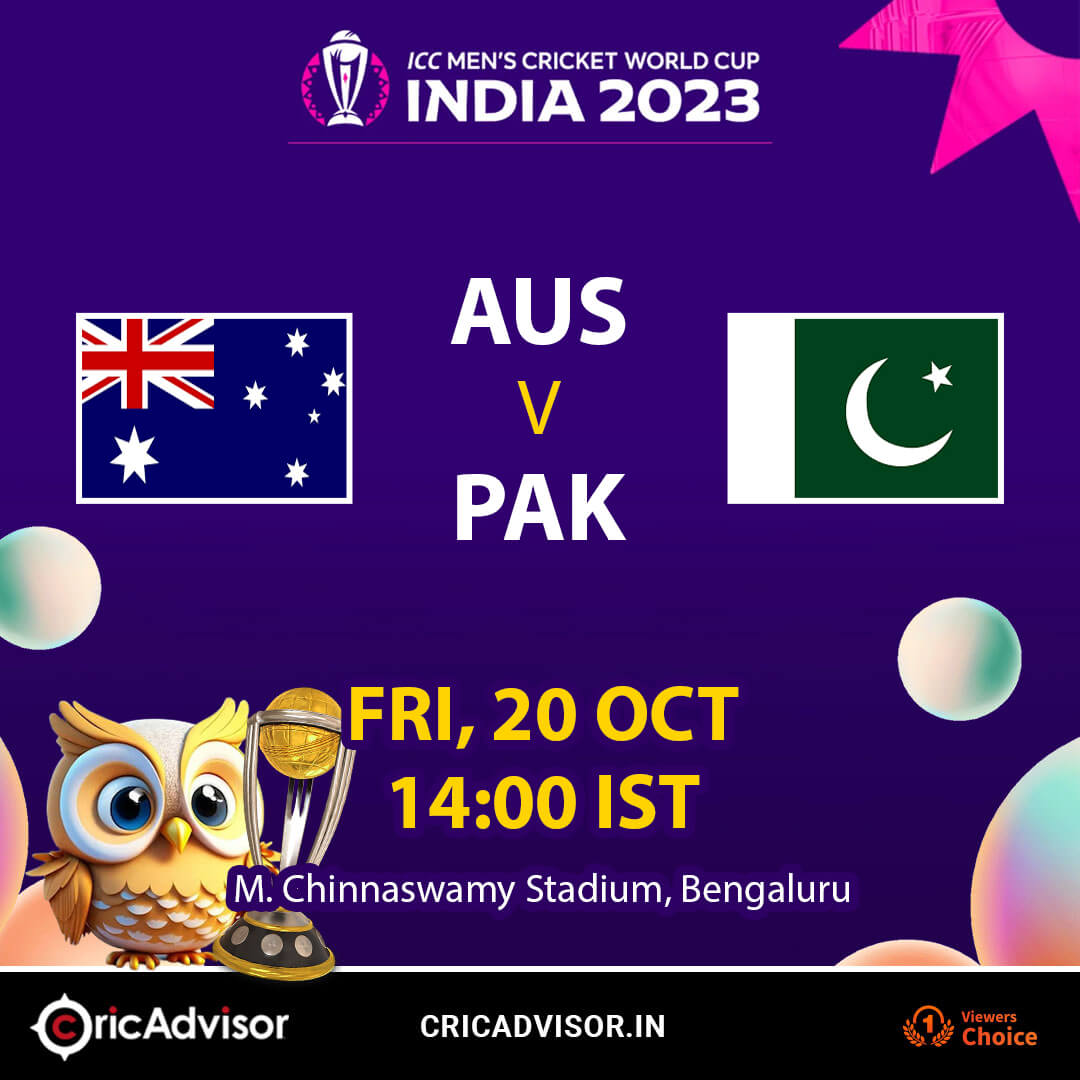
The Pakistan Cricket Board (PCB) has refuted any allegations of payment delays or non-payments in the Pakistan Super League, in response to a report from the global players’ union of cricket that documented such occurrences in multiple significant franchise leagues over the past twenty-four months.
On Wednesday morning, the Federation of International Cricketers’ Associations (FICA) introduced a novel “leagues hub.” This platform serves as a reference for players, their agents, and players’ associations, aiding them in navigating the “wild west” of international franchise leagues.
One out of every four players in sanctioned leagues have reportedly encountered payment issues, according to FICA. Additionally, payment issues have been reported in a number of significant franchise tournaments. In addition to the PSL, these include the IPL and WPL, the Bangladesh Premier League, the Lanka Premier League, the Global Twenty in Canada, Major League Cricket, and the Abu Dhabi T10.
The PCB’s director of international cricket operations, Usman Wahla, refuted any allegations that players were ever paid late by the PSL. He stated to ESPNcricinfo, “Delayed player payments have never occurred in any of our nine [PSL] seasons… We’ve requested that FICA amend this error in their document via letter.
As per the contractual conditions of the PSL, participants are entitled to receive 70% of their remuneration within seven days of their presence in Pakistan, and the remaining 30% forty days subsequent to their final league match.

The PCB had previously refuted any concerns regarding delayed payments throughout the PSL’s history, such as when Australian all-rounder James Faulkner withdrew in the final phases of the 2022 season, claiming the board had breached his contract. “In the seven years of the HBL Pakistan Super League, no player has ever complained about the nonfulfillment of the PCB’s contractual obligations,” the organization stated at the time.
FICA’s chief executive officer, Tom Moffat, stated in a press release: “The expansion of domestic leagues across the globe has created numerous new opportunities for athletes and has been a boon for cricket. Nevertheless, the lack of consistency in participant treatment has resulted in numerous individuals characterizing the environment as akin to the “Wild West.”
“FICA remains committed to promoting global regulation that is fit for purpose and enhancing accountability within domestic leagues in order to safeguard the interests of all parties involved, including players.” This should encompass, among other things, contractual minimum standards and efficient mechanisms for enforcing remuneration.
“In the interim, we intend to fulfill our responsibility to assist players, their associations, and agents in making informed decisions by providing relevant information in the Leagues Hub.” Additionally, we extend an invitation to participate from domestic leagues that are interested in collaborating with participants collectively to enhance standards and guarantee that their league is in line with global best practices amidst a progressively competitive market.
The BCCI were contacted for comment in response to FICA’s findings that players have faced late or non-payment issues in both of the major franchise leagues which it governs: the IPL and the WPL.










